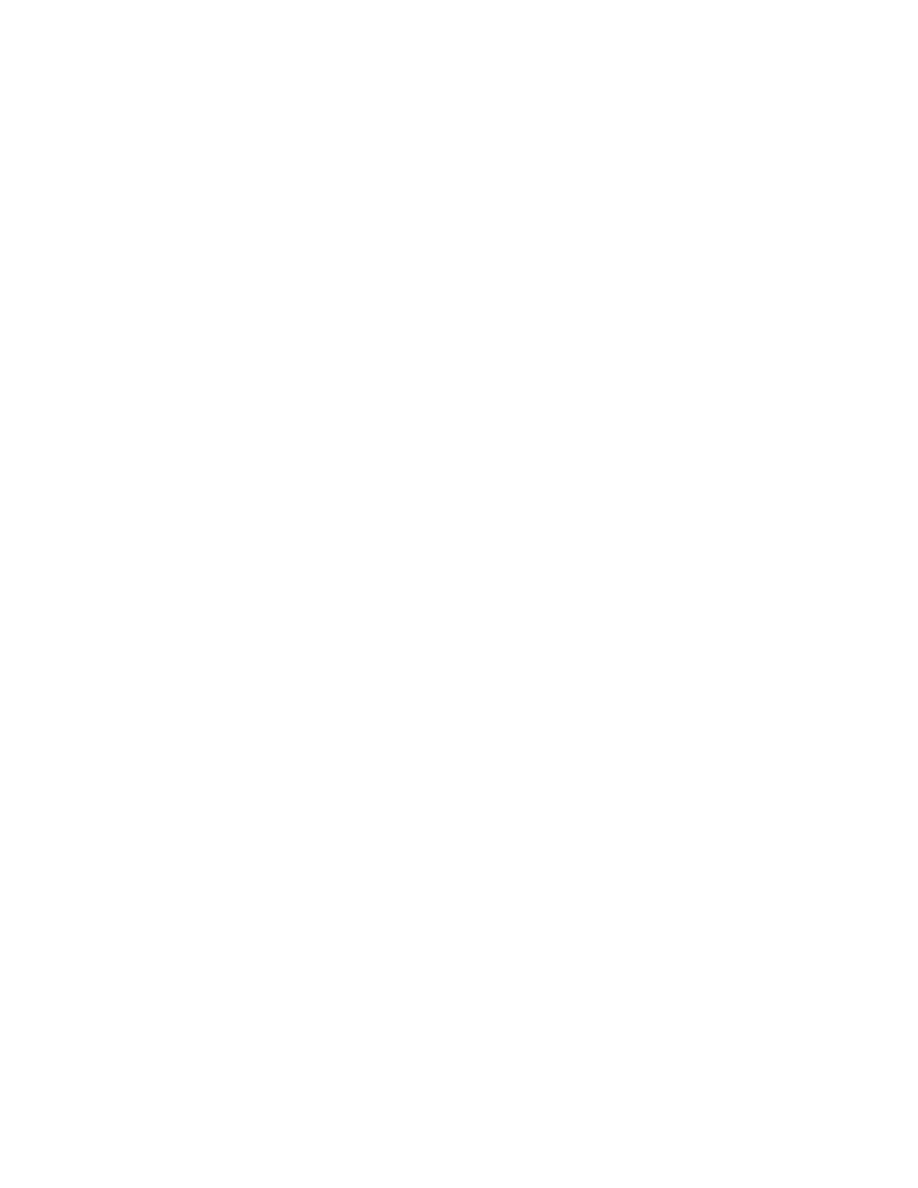RAM 1500 Truck 2WD V6-3.7L VIN K (2003)

Piston: Removal and Replacement
REMOVAL
1. Disconnect negative cable from battery.
2. Remove the following components:
-
Oil pan and gasket/windage tray (Refer to ENGINE / LUBRICATION / OIL PAN REMOVAL).
-
Cylinder head covers (Refer to ENGINE / CYLINDER HEAD / CYLINDER HEAD COVER(S) REMOVAL) and (Refer to ENGINE /
CYLINDER HEAD / CYLINDER HEAD COVER(S) REMOVAL).
-
Timing chain cover (Refer to ENGINE / VALVE TIMING / TIMING BELT/CHAIN COVER(S) REMOVAL).
-
Cylinder head(s) (Refer to ENGINE / CYLINDER HEAD REMOVAL) and (Refer to ENGINE / CYLINDER HEAD REMOVAL).
3. If necessary, remove top ridge of cylinder bores with a reliable ridge reamer before removing pistons from cylinder block. Be sure to keep tops of
pistons covered during this operation. Pistons and connecting rods must be removed from top of cylinder block. When removing piston and
connecting rod assemblies from the engine, rotate crankshaft so the each connecting rod is centered in cylinder bore.
CAUTION: DO NOT use a number stamp or a punch to mark connecting rods or caps, as damage to connecting rods could occur
NOTE: Connecting rods and bearing caps are not interchangeable and should be marked before removing to ensure correct reassembly.
4. Mark connecting rod and bearing cap positions using a permanent ink marker or scribe tool.
CAUTION: Care must be taken not to damage the fractured rod and cap joint face surfaces, as engine damage may occur.
5. Remove connecting rod cap. Install Special Tool 8507 Connecting Rod Guides into the connecting rod being removed. Remove piston from
cylinder bore. Repeat this procedure for each piston being removed.
CAUTION: Care must be taken not to nick crankshaft journals, as engine damage may occur
6. Immediately after piston and connecting rod removal, install bearing cap on the mating connecting rod to prevent damage to the fractured cap and
rod surfaces.
CLEANING
CAUTION: DO NOT use a wire wheel or other abrasive cleaning devise to clean the pistons or connecting rods. The pistons have a Moly
coating, this coating must not be damaged.
1. Using a suitable cleaning solvent clean the pistons in warm water and towel dry.
2. Use a wood or plastic scraper to clean the ring land grooves.
CAUTION: DO NOT remove the piston pin from the piston and connecting rod assembly.
INSPECTION
1. Check the connecting rod journal for excessive wear, taper and scoring (Refer to ENGINE / ENGINE BLOCK / CONNECTING ROD
BEARINGS STANDARD PROCEDURE).
2. Check the connecting rod for signs of twist or bending.
3. Check the piston for taper and elliptical shape before it is fitted into the cylinder bore (Refer to ENGINE / ENGINE BLOCK / PISTON &
CONNECTING ROD - STANDARD PROCEDURE).
4. Check the piston for scoring, or scraping marks in the piston skirts. Check the ring lands for cracks and/or deterioration.
INSTALLATION
1. Before installing piston and connecting rod assemblies into the bore, install the piston rings.
2. Immerse the piston head and rings in clean engine oil. Position a ring compressor over the piston and rings. Tighten ring compressor. Ensure
position of rings do not change during this operation.
3. Position bearing onto connecting rod. Ensure that hole in bearing shell aligns with hole in connecting rod. Lubricate bearing surface with clean
engine oil.
